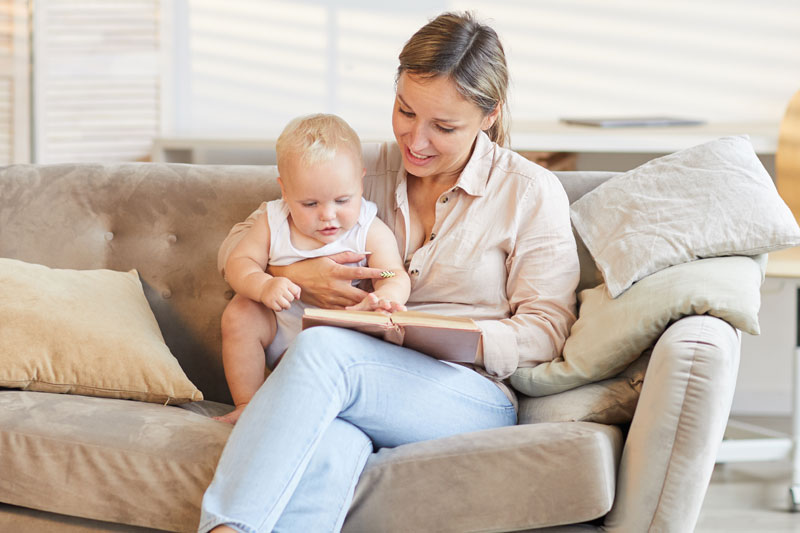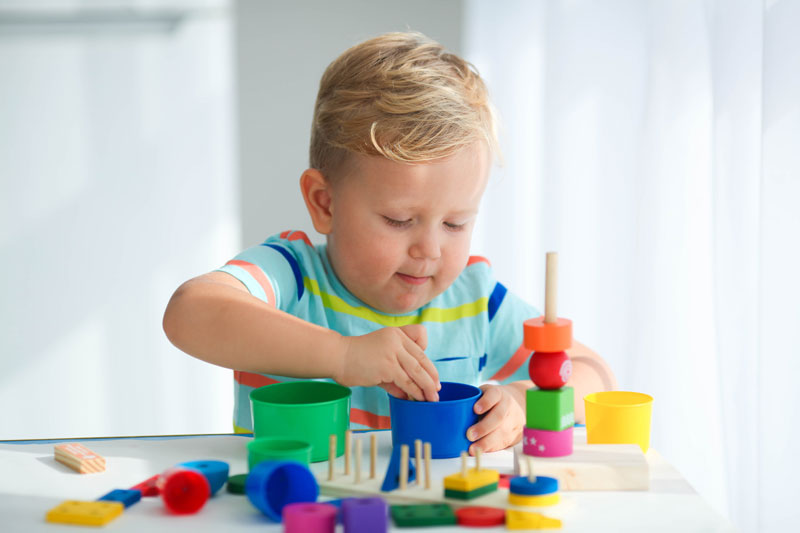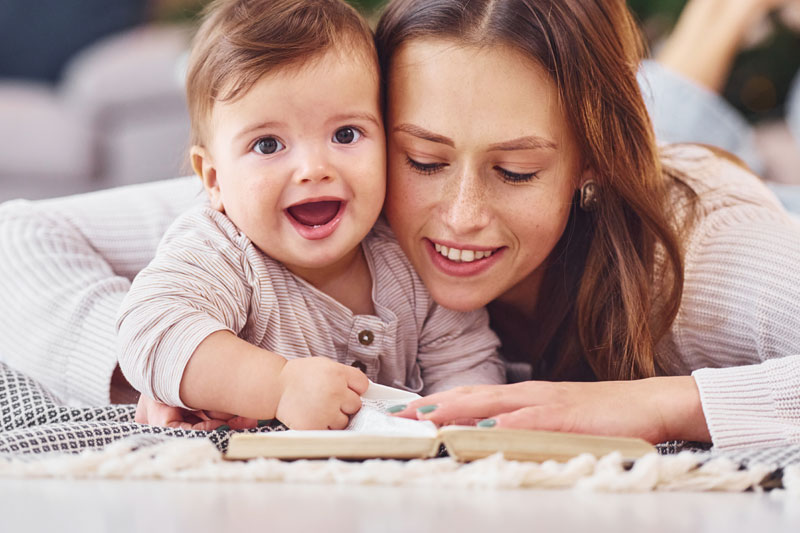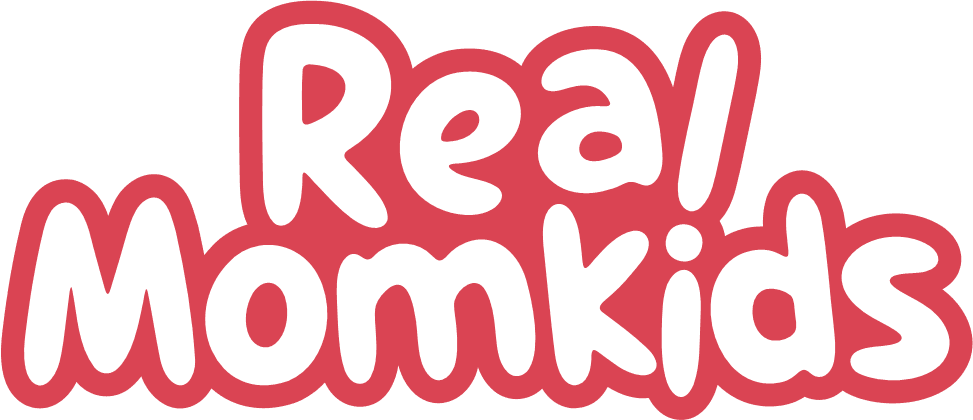10+ Activities That Promote Language Development for Kids

Linguistic growth describes the process by which a child understands speech or language. It starts as early as the womb, where your baby is familiar with your voice (mom’s sounds).
What follows to encourage language skills is talking. Still, there are more exciting activities that promote language development for babies and young children.
About Speech and Language Milestones
Language milestones serve as markers for the typical development stages of speech and language in children. Being aware of these milestones can help you identify and celebrate every stage of your children’s language progress.
- Babies’ early forms of communication include babbling and cooing.
- Their first words typically appear around their first year.
- Young children (toddlers) will build quick vocabulary growth and sentence construction.
Why is Early Language Skill Important?

Early linguistic development lays the foundation for your child’s overall growth and progress. Many activities that promote language development enable your kids to articulate their ideas, comprehend their environment, and form meaningful relationships with others.
Moreover, what can language skill development help your children with?
- Memory Functions: Language proficiency is closely associated with enhanced short-term and long-term memory capabilities.
- Creativity: Children who develop their language abilities also enhance their creative skills, particularly by visualizing vocabulary and engaging in storytelling.
- Relationship: Language learning can enable children to express their needs more effectively. It subsequently helps them in developing greater empathy during interactions with other children.
10+ Fun Activities that Promote Language Development
Storytelling can be one of the excellent activities to promote language development for your babies and younger children. Whether through singing a lullaby, reading a book, or sharing a family tale, storytelling helps children develop their grasp of language.
The following are more tips on how to encourage language skills in children.
For babies
- Imitation
Don’t you know that babies are masters of communication even long before they utter their first words? They will use sounds, gestures, and facial expressions to interact with their environment. Mimicry is one of the crucial methods for language growth.
- Playful interactions
As your baby grows, play becomes a main learning tool, especially in the form of playful exchanges. Your baby will explore new sounds, gestures, and words by engaging in activities such as peek-a-boo, imitating animal sounds, and echoing sounds.
- Real-life back-and-forth conversations
In addition to baby talk, adult-style speech can be influential in different ways.
- Try a narrative style to help your babies grasp routines and feelings (e.g., “We’re getting Dad chocolate ice cream because it’s his favorite …”).
- Using a conversational tone can reflect how people communicate naturally in real life, developing listening abilities and trust.
- Introducing an honest talk (emotionally) to provide your babies with vocabulary for their feelings. Don’t worry, even if they have not understood all the words yet (e.g. It is stressful, but I’m doing my best …”)
For young children

When your children get older (usually between 1 and 2 years old), they become increasingly aware of their environment and start to combine more sentences. You can promote language growth through regular, interactive conversations.
As mentioned earlier, storytelling indeed allows your kids to be more acquainted with words and their external environment. Furthermore, you can frequently engage with them by asking about their days, their feelings, and their activities. They can be fundamental methods to promote communication.
If you are still uncertain about how to support your child’s language growth, you might start with a few straightforward and enjoyable tasks at home. Here are more recommended activities to promote language development to try:
- Reading together with them
- Repeating rhymes – The use of rhyme and repetition has been shown to aid children in remembering new vocabulary.
- Singing songs and reading poems
- Playing music
- Making jokes
- Playing riddles
- Going shopping at the supermarkets or other shops, allowing your kids to see new things and name them
- Playing word games – For example, scrabble or other age-appropriate games to promote vocabulary growth
- Employing visual aids or props like flashcards, picture books, stuffed animals, puppets, etc.
- Asking them many questions
Just like how to support your infant’s milestones month by month, parents play a significant role in encouraging language skills. As the period of becoming new moms can be infamously isolating, talking to your baby indeed can help you feel more grounded, connected, or simply heard.
Curious to hear new words your babies are going to utter next? Give the above activities that promote language development a go and share them further to brag about your successful stories.



